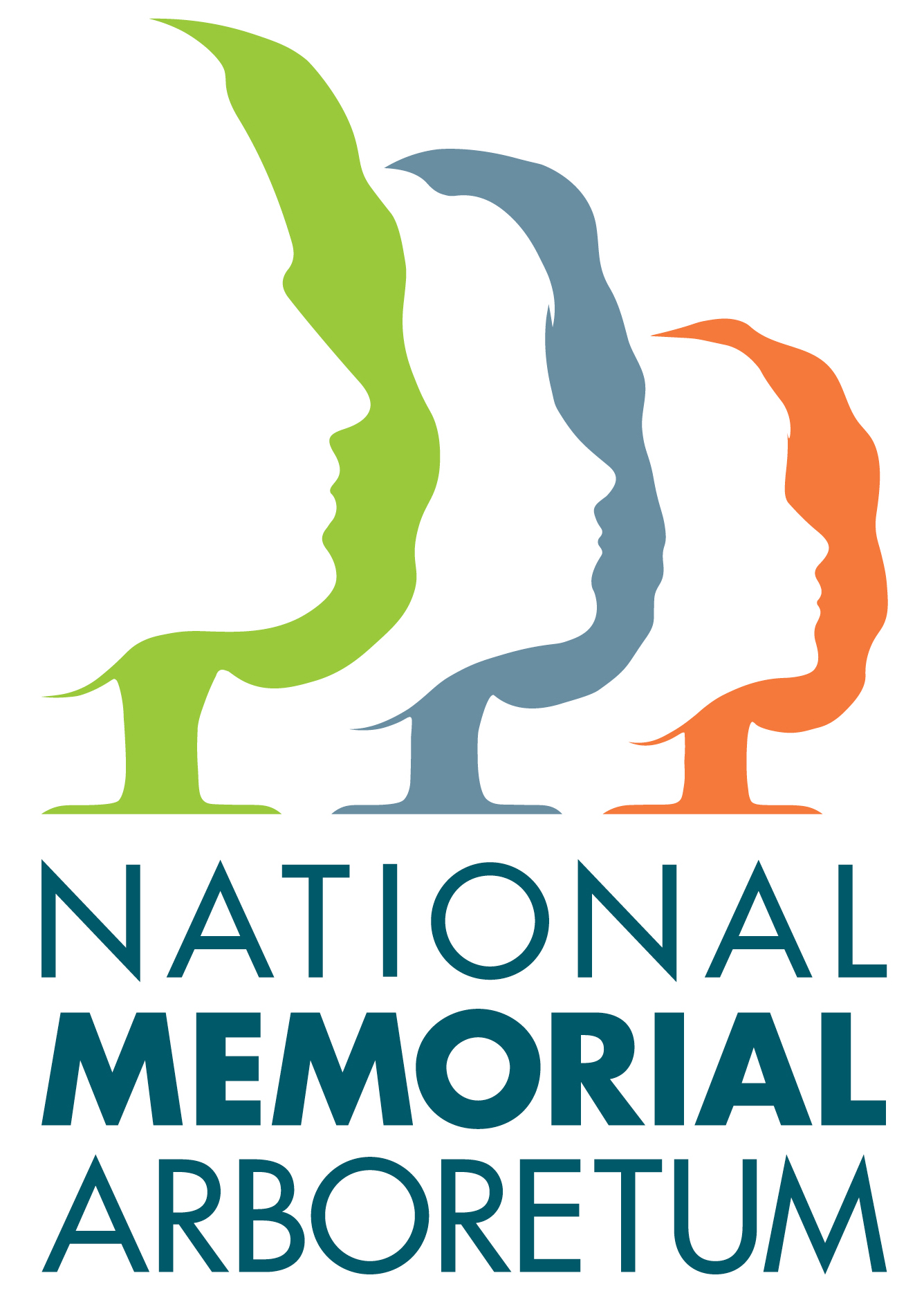TG's inspiration for a national memorial to the victims of war
 This autumn will see the creation of a new memorial at the National Memorial Arboretum in Staffordshire, dedicated to those who have died or suffered as a result of war.
This autumn will see the creation of a new memorial at the National Memorial Arboretum in Staffordshire, dedicated to those who have died or suffered as a result of war.
“As mothers, wives and daughters, Townswomen have been affected by conflict through the ages and wish to place a memorial in remembrance of parents, spouses and children who have died or been wounded whilst on active service in conflicts worldwide. The memorial will also commemorate those civilians who have died or suffered as a result of conflict.”
In preparation for the launch of the project, along with raising of over £15,000, and commissioning the memorial sculpture, TG assembled some information about why it had become involved in the initiative. This research also yielded information about the organisation’s activities during WW2.
Leading up to and during WW2, Townswomen were not only active in volunteering for government duties, but also in supporting the home front, as highlighted in the following extracts from a publication ‘After the Vote’, by Caroline Merz:
‘In the spring of 1939 war seemed so inevitable that Townswomen were being given detailed instructions on their position regarding National Service. Every member was encouraged to ‘think deeply of her duty’. Many Townswomen were to take up the call to action in the years which followed, and many others who stayed with their Guilds would find other ways of making an important contribution to the war effort.’
Records of some of their activities from the early 1930s include:
• Organising emergency air-raid drill at meeting.
• Purchasing wool and making operation stockings for the Hospital Supply Depot.
• Equipping and running a social centre for men of HM Forces to provide music, games and literature, free of
charge.
• Fifty women working in groups of 7 or 8 to run a canteen for soldiers stationed in their town.
• Townswomen volunteering to man hospital telephones.
• Working in the hospital to help with jobs other than nursing.
The response to calls to volunteer was magnificent, and members were supported generously by townspeople.
Guilds made efforts to keep spirits up, as a report of an afternoon with Heaton Guild described. Members held a competition for whistling ‘Tipperary’ and another charged a small sum for a ‘peep at one of Hitler’s leaflets’, all to raise money for a TG Ambulance Appeal. Many fundraising activities were organised by TG on a national basis.
By 1942 a significant number of younger Townswomen had been conscripted, and the Ministry of Labour had officially asked the organisation to collaborate in encouraging married women (those ineligible for National Service) to ‘give part-time service in offices, shops, and local industries, so as to release men and women for transfer to munitions and the services’. Many Guilds complied.
TG, along with other well-organised bodies, was generally of great value to the Government during the war. As well as individual Guild enterprises, TG as a whole co-operated directly with various government ministries, including the Ministry of Food under Lord Woolton. TG’s energies were directed into guiding its members to change their eating habits in accordance with rationing. This included the use of the famous ‘Dig for Victory’ slogan.
Mary Stott, a great supporter of the suffrage movement, and author of ‘Organisation Women – The Story of the National Union of Townswomen’s Guilds’, recorded that :
• Many Townswomen made their gardens available to their Guilds for growing vegetables in response to the ‘Dig for Victory’ call. One Guild actually kept twenty-two allotments going.
• There were also many opportunities in urban areas for Townswomen to collect valuable herbs and many pounds of nettles, foxglove seeds, rose hips and horse chestnuts which were passed to designated collection centres. A number of Guilds collected sphagnum moss for hospitals and were granted a petrol permit for this purpose. Guilds staffed collection centres to collect surplus fruit donated; some was sold locally to save on transport costs and some sent to jam factories.
• In 1942 The Ministry of Health said that at least 6,000 domestic workers were needed in hospitals all over the country on a part-time basis. TG along with other volunteer organisations was asked to help find girl workers both paid and voluntary, too young to join the Forces, to provide shift leaders and organise rotas for part-time workers; and to organise transport to bring in the workers (subject to petrol being available).
Then, as now, members of Townswomen’s Guilds are always ready to support their local and the wider community, with direct or financial help, as demonstrated by their generosity in raising funds for a memorial at the National Memorial Arboretum.
The Service of Dedication, attended by Townswomen’s Guilds’ patron, HRH The Princess Royal and TG members, will take place on 5th October 2017.
Read the news article here.
< Back to Message Board and News